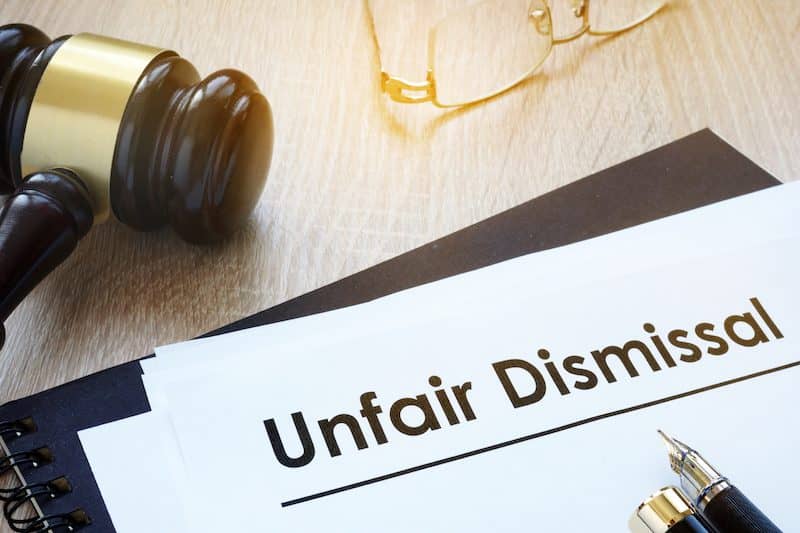Conduct is one of the potentially fair reasons for dismissing an employee. It is the employer’s job to show that conduct was the reason for the dismissal in question. An employment tribunal will then decide whether the dismissal was fair. In making that decision, the tribunal will look at the size of the employer and the resources it has available and decide whether the decision to dismiss fell within the range of reasonable responses. A fair procedure is also key to a fair dismissal.
In Northbay Pelagic v Anderson, the employee was a director of a seafood company. He was dismissed for gross misconduct at the same time as two other employees. The cases were connected but not identical, so the employer got three HR consultants to investigate and hear the cases. The grounds for dismissing Mr Anderson were various but included failing to follow a management instruction and covertly recording anyone who came into his office via a secret camera (he wanted to protect personal confidential information on his work computer). The employee brought a claim for unfair dismissal which the employment tribunal upheld. They said there was a fatal flaw in the dismissal process because the consultant hearing his case had gleaned information (a witness statement from a Mr Ritchie) about his case from conducting the investigation into one of the other employees. The employer appealed.
The EAT allowed the appeal. The tribunal hadn’t been clear on whether an instruction had been given for the employee to then ignore. Although fact finding is not a job for the EAT (that is the employment tribunal’s job), the EAT looked at the evidence and said it gave a clear answer on the issue – the instruction in question had been given at a specific company meeting. The EAT also found that the consideration of Mr Ritchie’s evidence in the employee’s case was not a procedural flaw. They referred to the Acas Code which did not give specific guidance on how to deal with procedures relating to multiple employees. The EAT said it would not have been reasonable to expect the employer to retain three separate sets of HR consultants. Nor was there any need to seal off the evidence between the individual investigations. If evidence is relevant, it can be used in multiple cases as required. In relation to the surveillance point, the EAT agreed the dismissal on this ground was unfair. The secret recording was set in a background of mistrust and a poor relationship between employee and employer. The employer did not properly consider the fact that the camera was set up in an office to which only the employee had access. No one’s image had been captured on it. The employer should have weighed up the right to privacy against the employee’s desire to protect his confidential information. The EAT also said that the employer had failed to call the right witnesses to counter the employee’s evidence, which had led to the tribunal believing him over the company. The case was sent back to a fresh employment tribunal to decide whether the dismissal was unfair based on the management instruction point.
This case has many take away points for employers. Firstly, choose the right witnesses. Where there are disputed facts, individuals with first-hand evidence of those disputes should be called as witnesses in tribunal. Calling the people who conducted the disciplinary processes may not be enough. Secondly, the EAT confirmed that surveillance by employees involves the same balancing act between rights and privacies that employers are required to undertake in relation to surveillance. Handbooks and policies can address this, for example by saying that covert surveillance will be considered gross misconduct. The EAT’s confirmation about the acceptability of using relevant witness evidence across multiple disciplinary processes is also comforting. In fact, the EAT specifically told the tribunal to consider Mr Ritchie’s evidence when considering the issue of failing to follow a management instruction.
Find out how we can help. Our partner, Jon Dunkley, heads the Wollens specialist Employment Department. Contact him today for an informal chat, without obligation on 01271 342268 or via email at [email protected].



